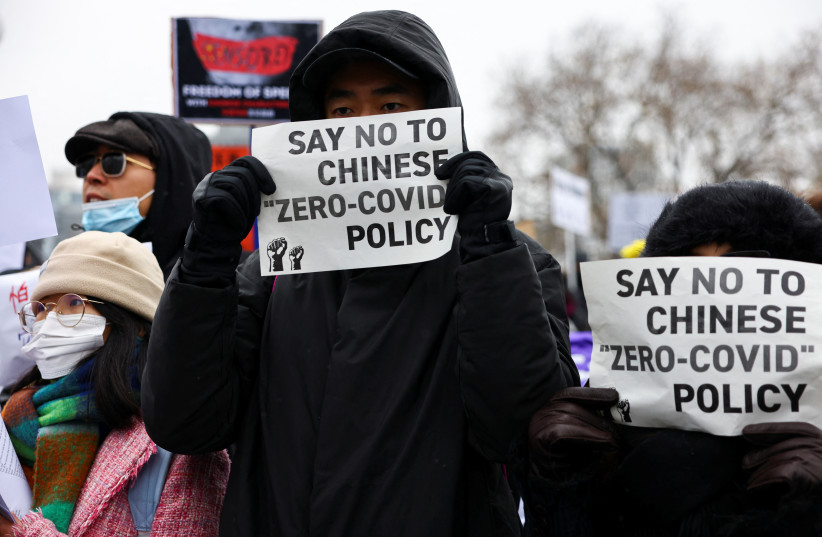China should optimize epidemic prevention and control measures next year as it seeks to better coordinate epidemic policies with economic and social development, Chinese state media reported on Wednesday, after a high-level meeting of the Communist Party.
The world's second-largest economy suffered a broad slowdown in October and the recent spike in COVID cases has deepened concerns about growth in the last quarter of 2022.
In 2023, China will focus on stabilizing growth, employment and prices while preventing and defusing major systemic risks, the official Xinhua news agency reported on Wednesday, after the 24-member political bureau, or politburo, chaired by President Xi Jinping met on Tuesday to discuss the economic tasks for next year.
"For next year, China will seek progress while maintaining stability," Xinhua cited the meeting as saying, adding that "it will hold the bottom line of preventing systemic risks."
China will continue to implement active fiscal policy and prudent monetary policy next year, it said.

And efforts should be made to expand domestic demand and it was also necessary to promote high-level opening up to the outside world, and attract and utilize foreign capital, said the meeting.
China's economy grew just 3% in the first three quarters of this year, well below the annual target of around 5.5%. Full-year growth is widely expected by analysts to be just over 3%.
China's "Zero-COVID" policy
Authorities have been loosening some of the world's toughest COVID curbs to varying degrees and softening their tone on the threat of the virus, in what many hope could herald a more pronounced shift towards normality three years into the pandemic.
The focus now falls on the closed-door Central Economic Work Conference in December, when Chinese leaders are expected to chart the policy course for the economy in 2023.
